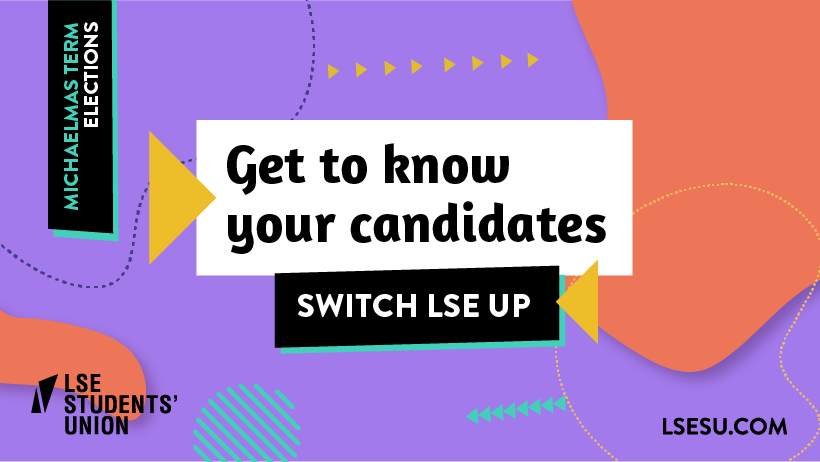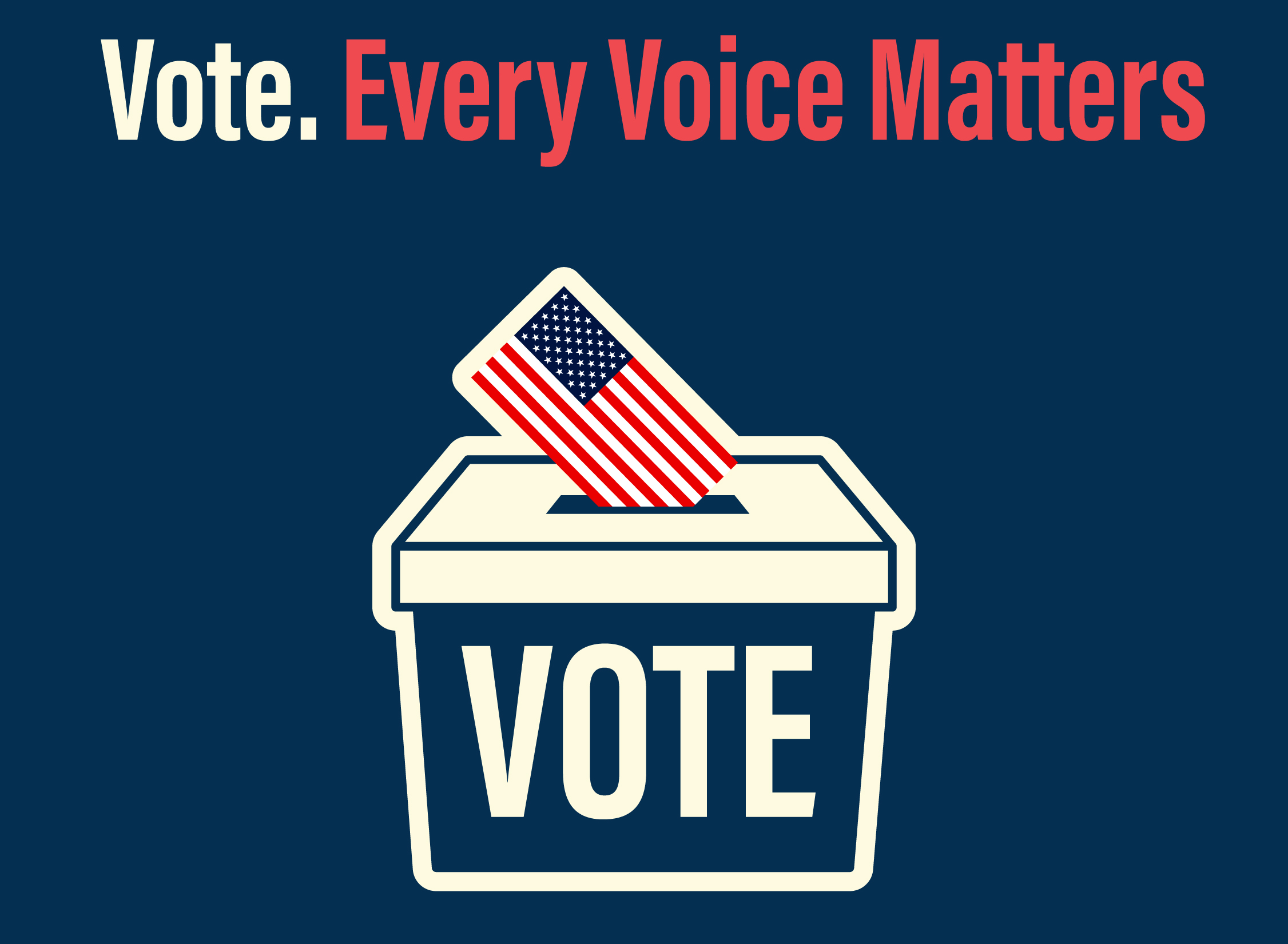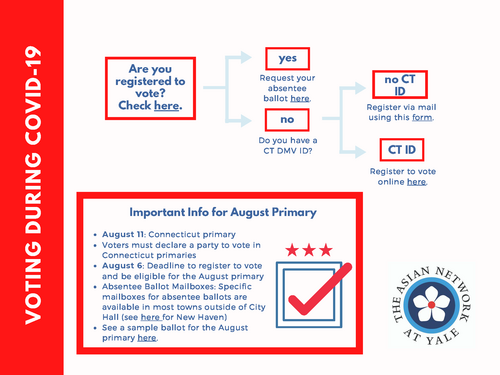

For example, if it’s hard for you to stand, they should provide you with a chair or a place to sit while you wait.
HOW TO VOTE HOW TO
Your helper may also be required to sign a form swearing that they did not tell you how to vote. They may ask you to swear under oath that you have a disability and that you have asked that person to help you. If you bring a person to assist you, let the poll workers know that when you check in.Do not bring your employer, or an agent of your employer or union. You can bring a family member, friend, or another person of your choice to assist you at the polls.A voter with a mental disability cannot be turned away from the polls because a poll worker thinks they are not ‘qualified’ to vote.Election officials must provide you with help if it’s possible for them to do so.Election officials (including poll workers) must make reasonable accommodations as needed to help you vote.The helper must respect the voter’s privacy, not looking at the voter’s ballot unless the voter asks them to do so.

This helper cannot be the voter’s employer, an agent of the voter’s employer, or an agent or officer of the voter’s union.

Usually, this is a machine that can read the ballot to you (for people with vision disabilities or dyslexia), and let you vote by pushing buttons (for people with mobility disabilities). In federal elections, every polling place must have at least one voting system that allows voters with disabilities to vote privately and independently.Simply allowing curbside voting is not enough to meet Americans with Disabilities Act (ADA) accessibility requirements. Under federal law, all polling places for federal elections must be fully accessible to older adults and voters with disabilities.Report your experience to local election officials.If you are turned away or denied a provisional ballot, call the Election Protection Hotline at 1-866-OUR-VOTE or 1-888-VE-Y-VOTA (en Español).If the poll worker still cannot find your name or if you cannot travel to the correct polling place, ask for a provisional ballot.If you are registered at a different location, in most instances you will have to travel to that location to cast a regular ballot.You can also call 1-866-OUR-VOTE and ask for help verifying your proper polling place.If the poll worker does not have access to a statewide system, ask them to call the main election office.Request that the poll workers check a statewide system (if one is available) to see if you are registered to vote at a different polling place.If the poll worker still cannot find your name, confirm that you are at the correct polling place:.If your name is not on the list, ask if there is a supplemental list of voters.Make sure to spell your name out for the poll worker. Ask the poll worker to double check for your name on the list of registered voters.If you are qualified and registered, they will count your provisional ballot. After Election Day, election officials must investigate whether you are qualified to vote and registered.Voters are entitled to a provisional ballot, even if they aren’t in the poll book.


 0 kommentar(er)
0 kommentar(er)
